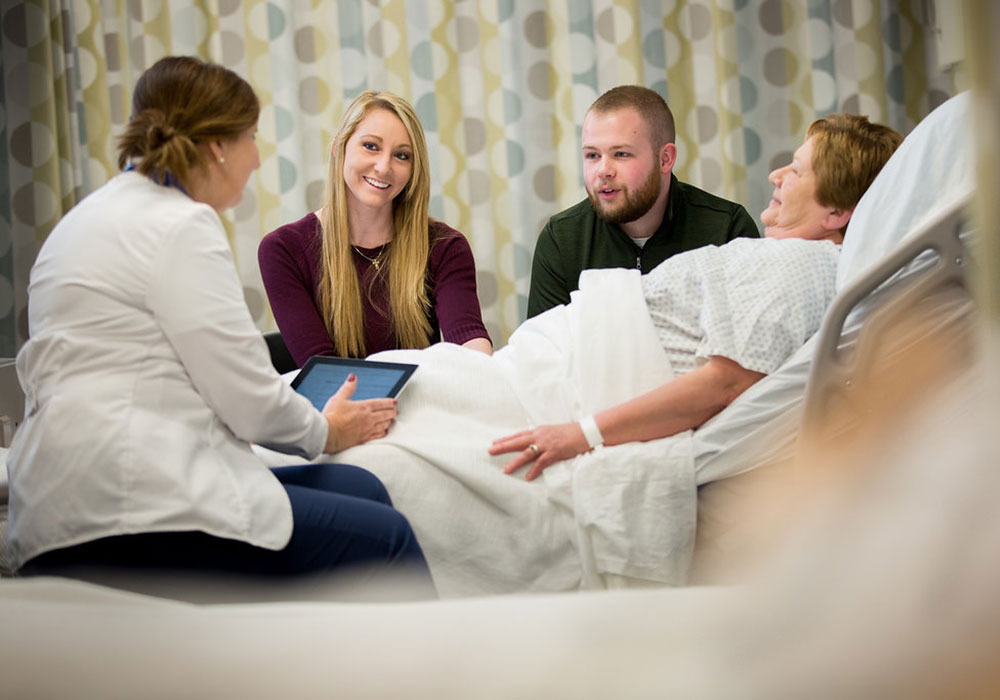Genetics testing is not just about one family member; the results have implications for an entire family. Results of genetic testing can be confusing, and families often need assistance understanding what it means for them. Genetics counseling before and after testing is very important to help individuals and families understand the results of genetic testing when they are received and over time.
Typically, the first person tested in a family is evaluated for a panel of genes. Genetic testing is generally done with blood or saliva, depending on the test or panel ordered. Results are typically available in three to four weeks.
If a family mutation is detected, siblings, parents, children, and sometimes other relatives can be tested for that single mutation. A genetics professional will identify which family members should be offered testing and coordinate care for the family.
If a family mutation is not detected or the variant is of unknown significance, other family members might still be at increased risk for developing cancer but testing will not be helpful. In those situations, the genetics professional will make recommendations for other family members based on their medical history and the family history of cancer.
Many families have members who live in other parts of the country or world. The genetics professional can assist with finding a counterpart who practices nearby those family members.
The field of genetics is changing very quickly, and genetics professionals are a great source of information on new research and information. Individuals should check back with their genetics professional, at least by phone, about once each year to see if their previous recommendations are still appropriate. Family history should also be reviewed regularly to determine if testing is up to date. Nurses should encourage and remind patients to follow up with their genetics professional on a regular basis.






